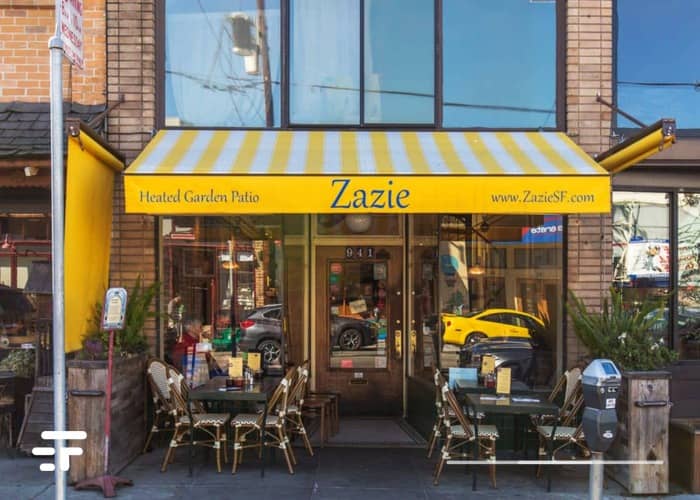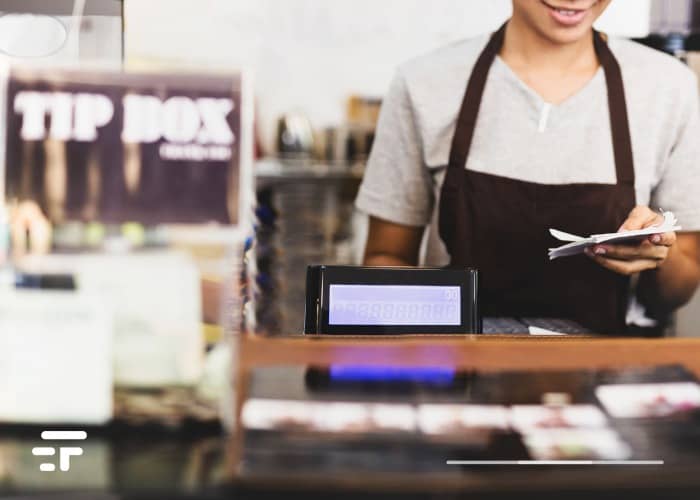There are many commercial activities in the restaurant business that have closed their doors in the last two years. A lot of commercial crisis, reduction of hours and in several cases also a shortage of manpower.
In Italy, a policy often dictated by necessity (but not only) has produced a situation in which restaurants complain about the low propensity for work of the manpower. In reality, it is often a clear-cut preference: many workers are forced to choose between a subsidy (such as temporary citizenship income) and a wage that is less than or equivalent to a subsidy.
Things aren't going well abroad either, but a formula tested by an American restaurant in the San Francisco area could be an interesting starting point.
Zazie's: zero tip, zero labor shortage

“Everyone came back to our restaurant after we reopened,” he says Megan Cornelius, co-owner of Zazie's restaurant. Zazie's had “very little” labor turnover. Out of the 40 employees, only one left the place (changing his sector).
The reason for this good result? The politics of his place. Zazie's does not rely on customer tips to pay staff (in the United States they are practically institutional, and in restaurants they range from 15% to 20% and more). Instead, aim to share profits with staff.
The “perfect” number? 12.
Waiters get 12% of all the orders they receive at the tables (an incentive to perfect their skills in 'counseling' the public. Let's even say sales). Yet another 12%, this time of all restaurant profits, is distributed to all the workforce, both in the dining room and in the kitchen.
“Profit sharing made sense for us because it reflects our level of commitment,” Cornelius says. “The staff and the restaurant make money if we are busy. We find it a good alternative to raising wages, which would be prohibitive for us at the moment. It is also an incentive to work hard and provide exceptional service at your tables.”
No tips, no manpower and happy customers

The "cooperative" logic of the American restaurant also continues towards customers. The no-tipping policy is an opening, “tipping is a very archaic way of making money, our guests compliment us on this choice,” says the co-owner.
This obviously leaves customers power of choice, who in several cases continue to leave a tip, but in total freedom (even on the figures).
Result: satisfied customers, employers who pay the minimum wage by law and are not suffocating in debt, more involved workforce who earn a share from the salary, a share from the company's profits and a share from free tips.
“We always get compliments from our guests,” Cornelius said, saying he thought that the momentum for non-tipping policies was growing among the diners.


